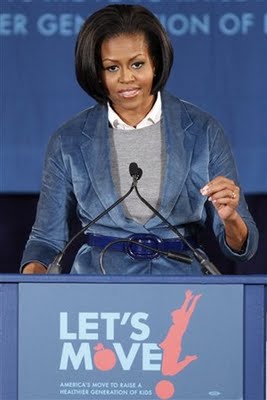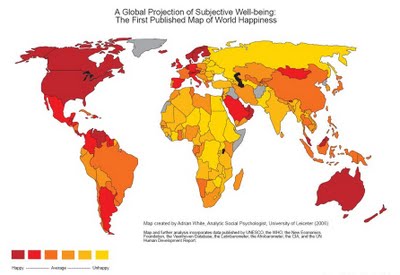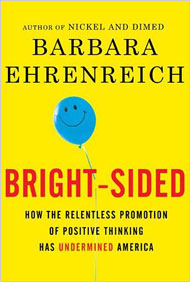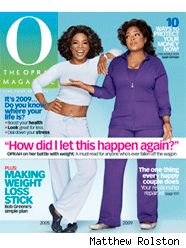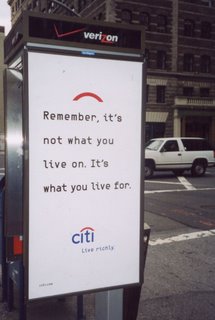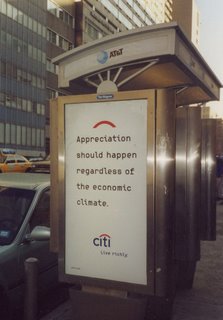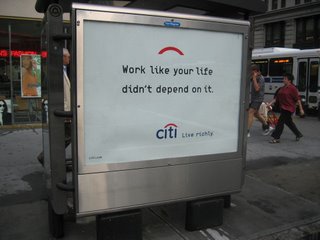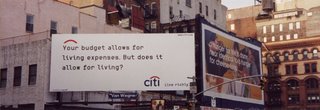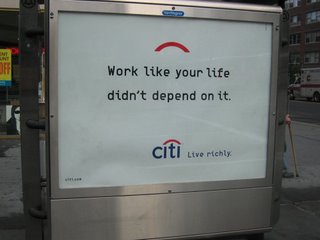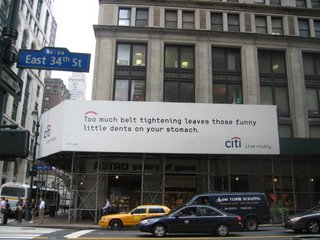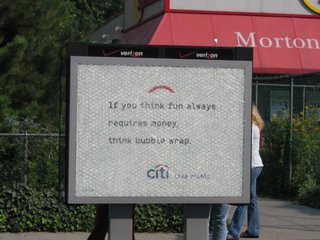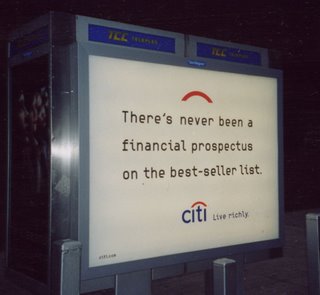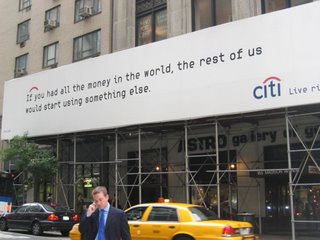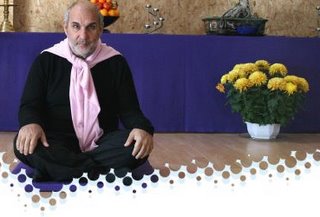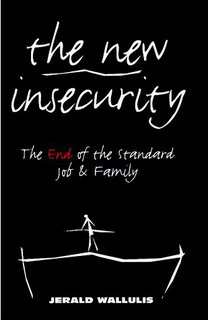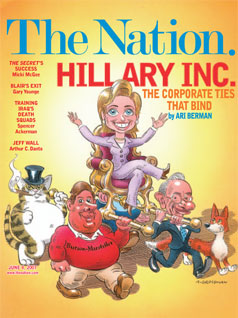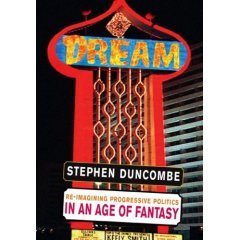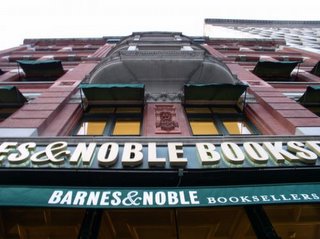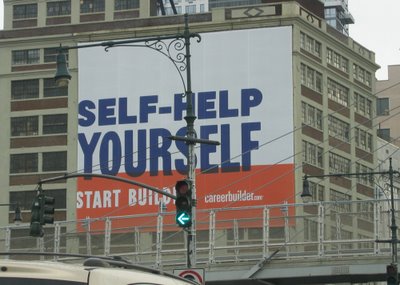
Stopped at a traffic light on Manhattan's Westside Highway last week I had a chance to snap a picture of this billboard.
Self-help yourself!At first I thought it was an ad for a self-storage facility, since there is huge one over there by the Hudson River, and the colors for the company that owns it are pretty similar to these, but no, I was wrong. Just an ad for a job search website, which, judging by the state of the U.S. economy, we may all be in need of very shortly.
But I've not been stuck in traffic for a full six months, so what's my excuse for the inexcusable blog silence? I've not been out here blogging about much of anything . . . didn't weigh in on the good doctor Phil's heinous misjudgment in springing the ailing Britney from her 72-hour clinical observation period, or his egregious breach of professional ethics in sharing with a national audience his observations about "his client." (Well, who ever thought Dr. Phil had professional ethics in the first place?) And I haven't chimed in on the rise of O politics, the Oprah-Obama endorsement. But I just can't help myself this week. I have to say something about two
Oprah episodes this week.
On the first of the two shows,
Oprah revisits The Secret, continuing to claim that the magical thinking contained therein can work magic for anyone who believes. My dearest childhood friend called me the morning after the show aired. (But not, dear readers, because I'd done a creative visualization summing her attention). She called to rant about her shock at the unmitigated arrogance of the bubble story — the silver Tiffany bubble blower story — that Oprah told as evidence of deep knowledge of
The Secret, of her election as a very special chosen person.

I have to tell the bubble-blower story here because this part of the episode is not recapped on the Oprah website. Winfrey had a bubble-blowing world-record-breaking champion on her show recently, and in the midst of his bubble-blowing she'd said, "Wow, I'm gonna have to get me some bubbles." Then, when she got back to her desk, she discovered a silver Tiffany bubble-blowing wand with several bottles of bubble solution. She was astonished. She asked her assistant where it had come from and she said she'd gotten it for her as a present
several weeks before. And she hadn't noticed. She hadn't noticed a present that one of her staff members had gotten her several weeks earlier. It had just sat there, unopened and unacknowledged, on her desk for weeks.
The message Oprah takes from this — and tells the world — is that this is the miraculous power of
The Secret at work and that she is special and chosen and that the universe has pre-ordered her a bubble blower to accommodate her needs, desires, and whims even before she knows she has them. One of Oprah's guests chimed in that Oprah's so special that she doesn't get just any bubble blower — that the universe sends her a silver one from Tiffany's.
The message my friend took from this story is that Oprah must be a pretty awful person to work for if she doesn't notice, let alone acknowledge, a present from a staff member that's been sitting on her desk for weeks. Even a present in a Tiffany bag. Either that, or she just has way too much stuff.
Which brings us to the next show, which was about having too much stuff. The following day
Oprah hyped the new book of her pal Peter Walsh, the decluttering "expert." Like all self-help gurus, Walsh had to find a way to write a diet book even if his area of expertise is clearing out the clutter from our overly consumptive households. He's just come out with a book called
"Does This Clutter Make My Butt Look Fat? An Easy Plan for Losing Weight and Living More.
" (Yes, that's really true — I can't make this up.) His idea: declutter your home and you'll lose weight.
To launch the book, Walsh and his team ambush makeover a woman who is struggling with weight gain in the wake of a late second trimester miscarriage and subsequent kidney failure that requires dialysis and a transplant. The woman is bereft, and exhausted, caring for a husband and two children who don't seem to do much to support her with any of the housework, and don't seem to realize that their wife-mother-housekeeper is seriously ill. Her kids have also gained weight as the family is eating out and ordering in food since the mother is too tired to cook and clean as she once did.
But rather than deal with these complicated family care giving dynamics, Walsh rifles through the woman's stuff, blithely tossing her belongings in bins, until the woman loses it and runs, literally screaming and cursing, from the house. Walsh pursues her and persuades her that all of this is good — exactly the "breakthrough" they needed to get her to get "real" about what's going on in her life.
In the end we see a clean and tidy home — a total makeover for the house — and we're supposed to believe that the family is healed and that their weight issues are solved as well. The woman and her children sat in the
Oprah show audience, looking ever bit as awkward and unhappy as they'd been in their home that was overflowing with clutter, still desperately in need of human attention, albeit not the voyeuristic sort one gets from an international television audience. They were still greatly in need of care, nurturance, security, not to mention an organ transplant. None of these much needed phenomena were going to magically materialize simply because they'd wished for them, or because they'd tossed away their extra stuff, or even because they were featured on
The Oprah Winfrey Show.There is one thing that Peter Walsh is right about in all of this . . . that all the stuff around us can be seen as a symptom. Capitalism has made it vastly easier to have more and more things rather than have clearer and better attention. Capitalism's strong point is that it's great at producing lots of things. Its weak point is that it leaves each of us alienated from ourselves, our work, each other, and from our human nature.
Maybe that's why I thought the "Self-help yourself" billboard was for a self-storage space . . . as the demand for mini-storage facilities escalates each year, we're storing away more and more of our stuff as we try to hold on to our selves.
Self-storage spaces, like self-help culture in general, are just stopgap measures for system that's staggering under its own weight, and poised to crumble.
Keywords: The Secret • Rhonda Byrne • Oprah • Dr. Phil • Peter Walsh • declutter

